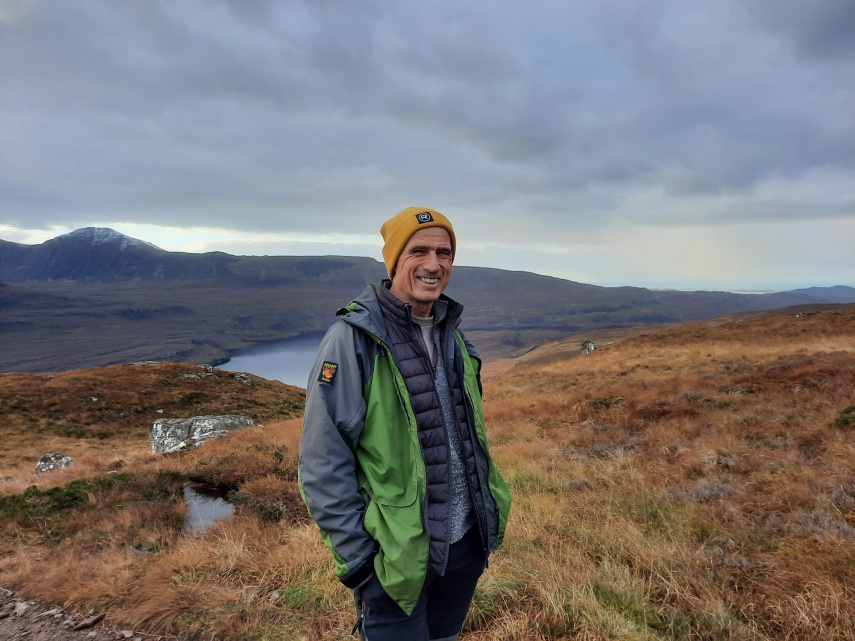
Land use in Scotland is changing rapidly – the time to act is now
Andrew Thin
In our latest blog, our Chair, Andrew Thin, reflects on our recently-published Rural Land Market Insights report and what it means for the pace and direction of land reform in Scotland.
Land use in Scotland is changing rapidly as we begin to address the massive climate and biodiversity challenges that we all urgently face. For some this brings exciting opportunities, but for others there are real threats involved in this transition that we must not ignore.
The board of the Commission saw some of this at first hand in Galloway recently. We met with people involved in forestry and peatland restoration who are investing huge sums of money, sometimes at significant risk. We also met with community representatives who were clear in articulating both a current sense of relative powerlessness and the steps that would change that.
Standing in the Galloway hills the nature of land use change is acutely visible, but similar dynamics are playing out across Scotland. Last week the Commission published our report on the rural land market in 2022. Land prices remain high and rising, driven by several factors. There is no doubt that emerging carbon and nature markets play a part in this, though that value still feels highly speculative.
High timber demand and an ambitious public policy on woodland expansion are also significant factors, and we continue to see strong demand from corporate investors and financial institutions for Scotland’s land with motivations that may be more about protecting long term financial value than any more immediate land use goals.
Like many countries, Scotland is focused on ambitious change to meet climate and nature goals, with government committed to bringing public and private investment to the task. The Scottish Government has also underlined that this must be a “just transition,” with similarly ambitious commitments to land reform, community empowerment and rural repopulation.
There is nothing inherently contradictory in these bold policy intentions, but conflict is almost inevitable if we simply leave the market to drive the changes unregulated. There is a risk that communities will go into decline as traditional sources of land-based employment disappear. There is also a possibility of strong opposition to change if local people are not listened to and meaningfully involved.
The Commission has recommended tougher regulation of both the land market and the emerging carbon and nature markets. The measures proposed in the land reform bill consultation would introduce significant new safeguards, and moves are already being made to regulate emerging carbon markets more robustly.
But new legislation and statutory measures take time, and the requirement for urgent action is already upon us. We have advised strengthening the conditionality of public funding as a means of bringing more rapid leverage to bear. Much of the land use change for net zero relies on public finance, and existing support schemes can be altered relatively easily. A good example is grants for forestry planting, where we have advised deploying public funds in a much more discretionary and conditional way.
Giving communities more agency in decisions and ownership doesn’t need to wait for legislation either. We are starting to see early examples of natural capital investors exploring partnership agreements with communities, to enable ownership, leases or formal involvement in governance. That needs to become the norm, and a basic requirement for access to public funds and other support.
There is no reason why new investment in Scotland’s natural capital should not be an opportunity to accelerate the shift to greater community ownership and decision-making. We will need to be deliberate in creating the expectation and the means for this to happen but the prize – widespread consensual support for the changes that are about to happen – is huge. In the next month the Commission will be publishing advice on the next steps we think are needed.
